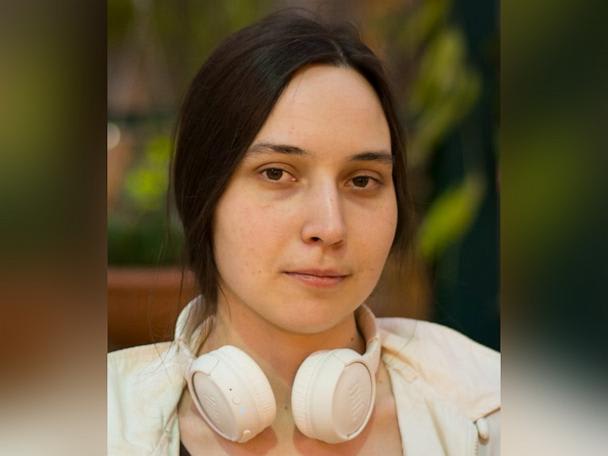A prominent Russian scientist, aged thirty, is currently detained in a facility in the state of Louisiana, USA, facing the risk of deportation, despite being behind algorithms that could revolutionize cancer diagnosis using an advanced microscope at Harvard Medical School.
The story began when Ksenia Petrova, a researcher at the renowned Kirchner lab at Harvard, arrived at Logan International Airport in Boston in mid-February, not expecting that her return trip from a family visit would end with her visa being revoked and her being detained.
The US authorities detained her on grounds of not disclosing biological samples of frog embryos she had in her possession for research purposes.
She insists that she truthfully answered the questions and was unaware that what she was carrying could lead to such consequences.
Since that day, Petrova has been spending her days behind bars at the Richwood Correctional Center, awaiting an unknown fate.
She describes her experience, saying: "It feels like being inside a grinding machine... It doesn't matter who you are or what papers or achievements you hold. Everything gets crushed."
The US authorities, specifically the Department of Homeland Security, justified her detention by claiming she provided inaccurate information, leading to the cancellation of her J-1 visa.
However, her lawyer points out that such violations usually result in confiscation of materials and a fine not exceeding $500, often reduced to $50 for a first offense.
Therefore, the decision to cancel the visa seems unusual, especially for a respected scientific figure in academic circles.
Her supervisor at Harvard University, Dr. Leon Beshkin, was surprised when customs informed him that Petrova was barred from entering the country, without any additional details.
He had to search for her himself before learning that she was actually detained, stating that the strict immigration measures have become a real concern for international scientists, especially with their escalation during the Trump administration, feeling an increasing threat to academic freedom and scientific exchange.
Petrova is not the only one facing this reality, a recent survey by "Nature" revealed that 75% of 1600 scientists are considering leaving the US for Europe or Canada due to current policies.
Inside Higher Ed also reported that over 240 universities have reported changes in the status of more than 1550 international students and graduates since the beginning of the year alone.
The irony is that this scientist, who graduated from the prestigious Moscow Institute of Physics and Technology with strong recommendations, suddenly finds herself threatened with deportation to a country she fears returning to, due to her opposition to the war in Ukraine, making her vulnerable to imprisonment or worse.
In the midst of this crisis, science is the victim, and a promising career that was on the verge of making a real difference in the lives of patients is threatened by merciless bureaucratic complications, even at the expense of a promising future for humanity.

